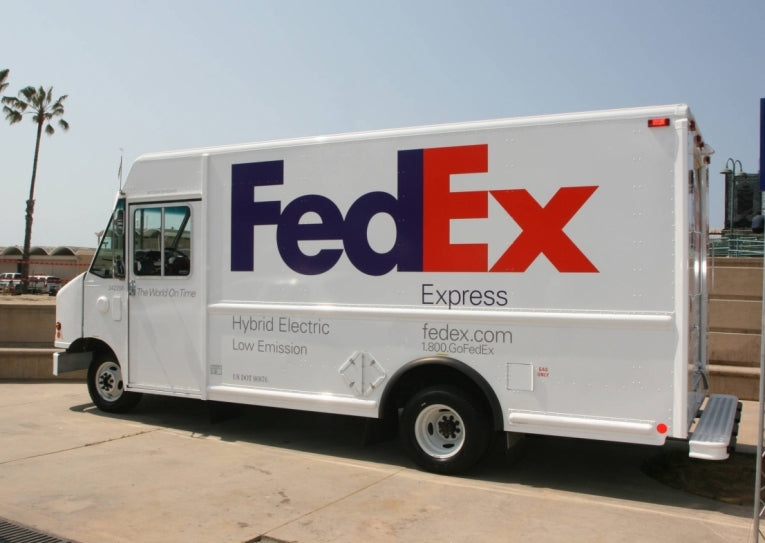The world's largest express transportation company FedEx has doubled previous targets of reductions in its aircraft carbon emissions by 2020. It now expects to make a 30% reduction in 2005 levels, 50% up on its previous target of a 20% fall, it announced in its annual Global Citizenship Report.
The move comes because the company has made big inroads into its original target by cutting aircraft emissions intensity by 13.8% efficiency and improving vehicle fuel efficiency by 16.6% up until the end of the 2011 financial year.
Staff vice president of Environmental Affairs and Sustainability, Mitch Jackson, says, "FedEx is dedicated to providing sustainable solutions for our customers. This year's Global Citizenship Report showcases our tireless efforts to maximize our efficiency while advancing our commitment to connect the world in responsible and resourceful ways."
FedEx has also reaffirmed its commitment of sourcing at least 30% of jet fuel from alternative sources by 2030.
Over the last year, FedEx has continued to replace older aircraft and by 2015, it will have swapped less-efficient 727s for 757s that are more fuel-efficient and can carry bigger loads.
It is also introducing more Boeing 777Fs, which use 18% less fuel than existing MD-11s and is plans to introduce the new Boeing 767 in 2013 that will improve efficiency further.
FedEx is also seeking to use all-electric commercial vehicles in cities around the world to run alongside fuel-efficient Sprinter vans. It is also using hybrid vehicles and new delivery methods such as electric-powered tricycles in Paris.
In the 2012 financial year, FedEx Express has boosted its advanced alternative-vehicle fleet by 18% and now has 364 hybrid-electric vehicles and 118 electric vehicles in service. So far, they have travelled 12.1 million miles and saved 345,000 gallons of fuel.
FedEx has also Introduced its Carbon-Neutral Envelope Shipping at no extra cost to customers, which boosts the company's carbon footprint at FedEx and the businesses of clients. Yearly carbon emissions offset by this program is estimated at having the same impact as planting 2,179,487 young trees and letting them grow for 10 years.
It is continuing its recycling efforts and collected 47.9 million pounds of recyclable waste in the 2011 financial year - up more than 6 million pounds on the previous 12 months.
FedEx is still supporting groups that help with disaster relief, child pedestrian safety and environmental sustainability. Its aircraft and trucks transported more than 5.2 million pounds of disaster relief supplies and equipment for the American Red Cross, Direct Relief International and similar groups during the year.
Supplies transported by FedEx operating companies helped victims of the tsunami recovery effort in Japan plus 35 natural disasters in 24 US states. In May 2011, it provided the American Red Cross with 30 truckloads of FedEx Express shipping, including 4,871 individual shipments weighing 199,311 pounds, which made it the company's largest American disaster response since Hurricane Katrina.
Team members around the world volunteered with local, national and international organizations in 2011. Around 3,400 people took part in the annual FedEx Cares Week and donated 16,000 hours in 72 cities globally. Millions of staff, students and community participants in 320 cities helped with the yearly Safe Kids Walk This Way events that teach children pedestrian safety.
FedEx also works with EMBARQ, the World Resources Institute's Center for Sustainable Transport to produce a better environment, less congestion, increased safety, and enhanced competitiveness. In 2011, it announced a two-year, $1.4 million collaboration to improve city buses in Mexico, Brazil, and India.










